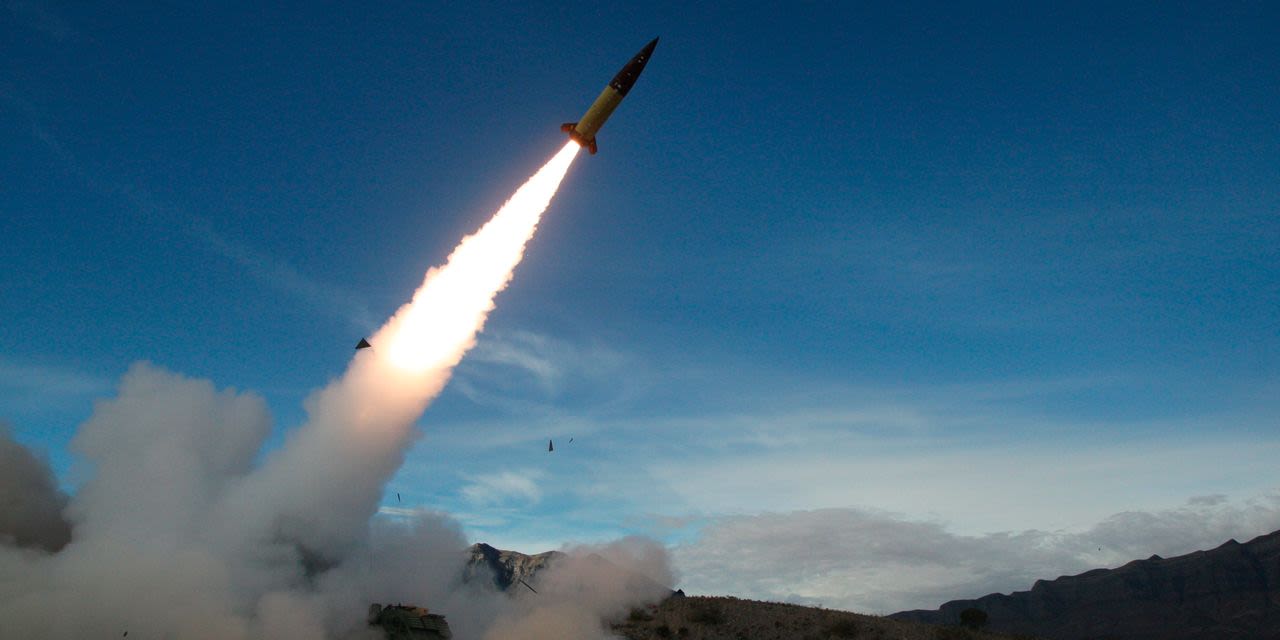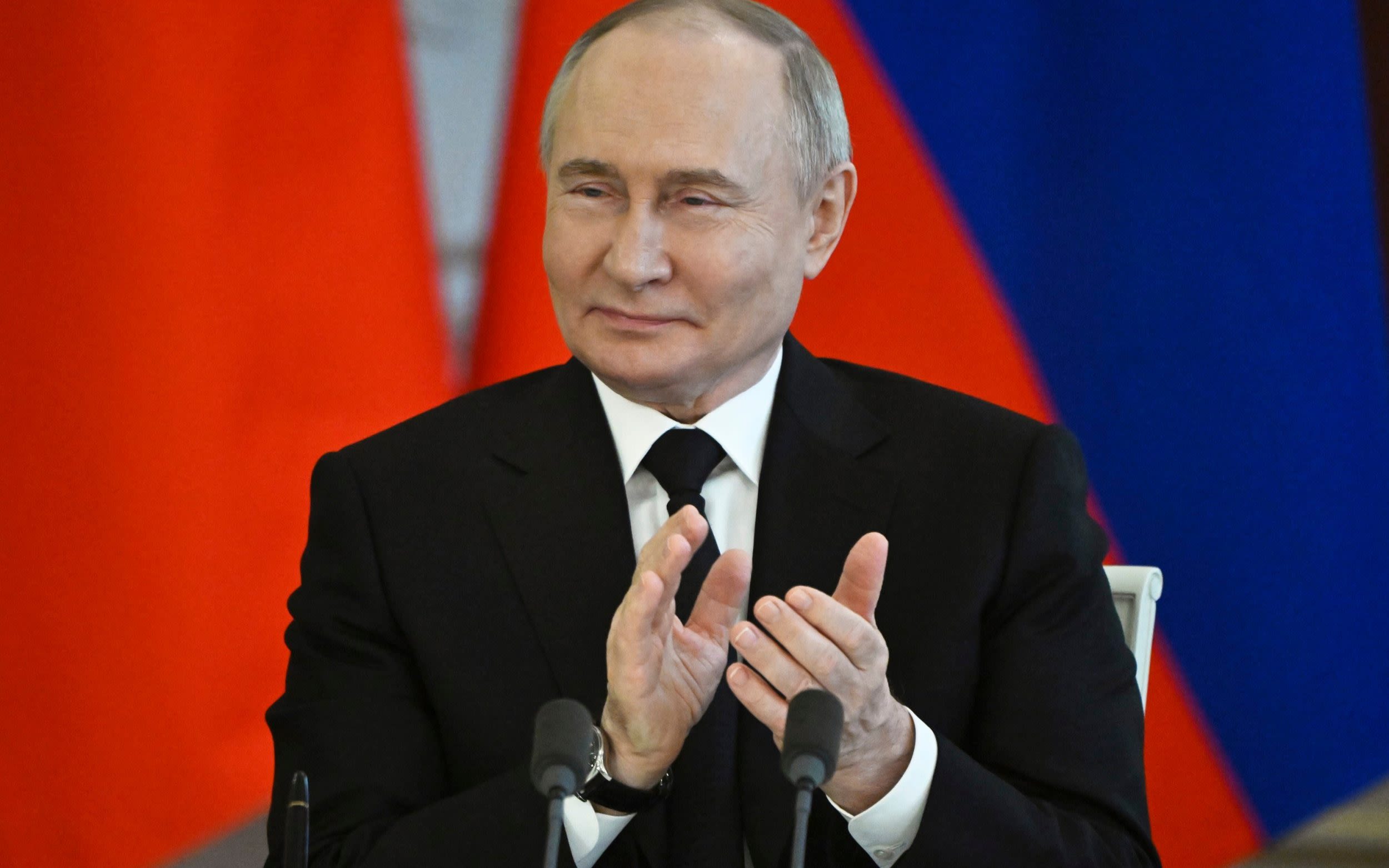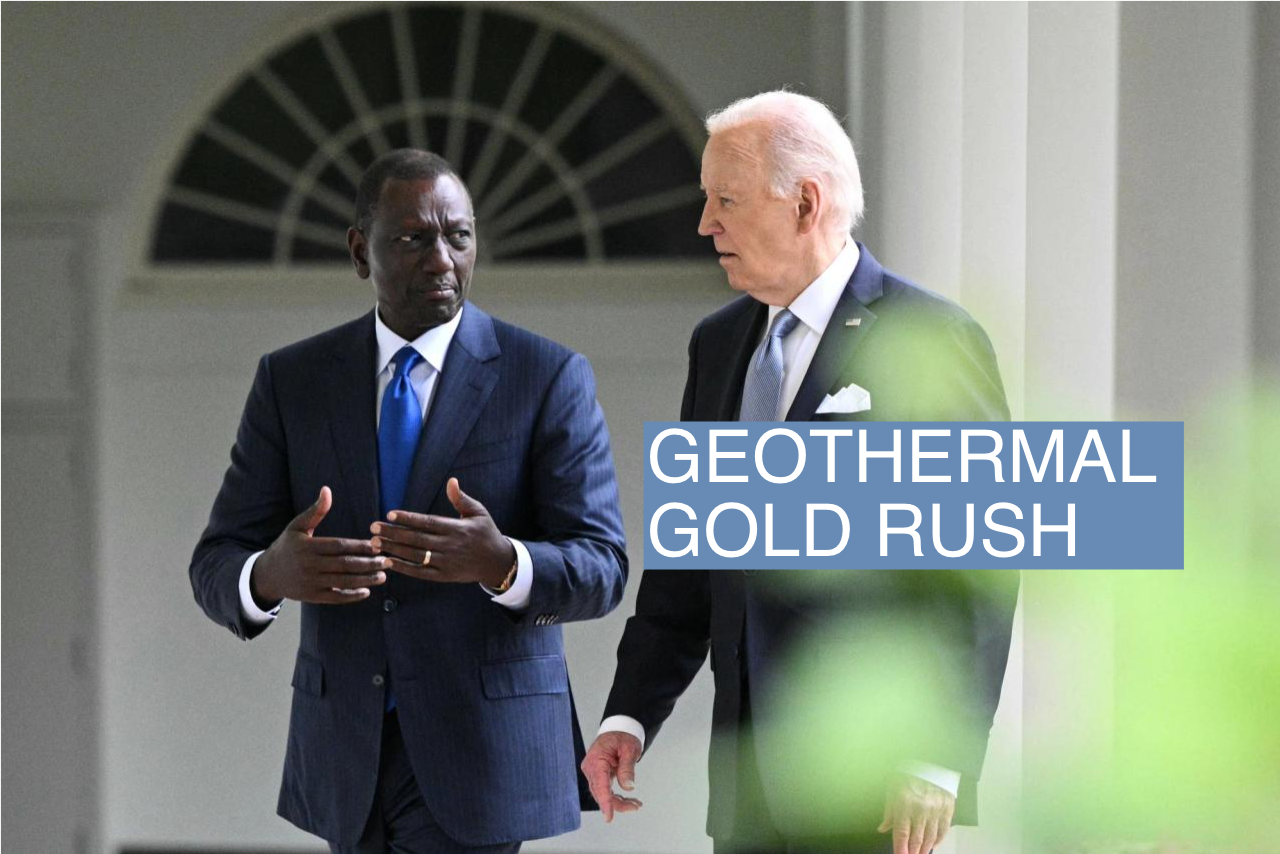Search results
3 days ago · Europe, second smallest of the world’s continents, composed of the westward-projecting peninsulas of Eurasia (the great landmass that it shares with Asia). It occupies nearly one-fifteenth of the world’s total land area. The long processes of history marked it off as the home of a distinctive civilization.
- Land
Europe - Geography, Climate, People: A contrast exists...
- People
Europe - Migration, Ethnicity, Religion: A scanty population...
- Geologic History
Europe - Geology, Tectonics, Plate Boundaries: The geologic...
- Europe Summary
Europe was the first of the world’s regions to develop a...
- Land
News about Taylor Swift, Travis Kelce, Europe
News about Europe, Ukraine, Russia
Also in the news
1 day ago · The history of Europe is traditionally divided into four time periods: prehistoric Europe (prior to about 800 BC), classical antiquity (800 BC to AD 500), the Middle Ages (AD 500–1500), and the modern era (since AD 1500). The first early European modern humans appear in the fossil record about 48,000 years ago, during the Paleolithic era.
2 days ago · Europe · May 22, 2024. Norway will further restrict access for Russian tourist travellers due to the ongoing war in Ukraine, blocking almost all entry, the Nordic country's justice ministry said...
1 day ago · Germany, [e] officially the Federal Republic of Germany, [f] is a country in the western region of Central Europe. It is the second-most populous country in Europe after Russia [g] and the most populous member state of the European Union. Germany lies between the Baltic and North Sea to the north and the Alps to the south.
May 15, 2024 · Capital. name: Brussels (Belgium), Strasbourg (France), Luxembourg, Frankfurt (Germany); note - the European Council, a gathering of member-state heads of state and/or government, and the Council of the European Union, a gathering of member-state cabinet ministers, meet in Brussels, Belgium, except for Council of the EU meetings held in Luxembourg in April, June, and October; the European ...
- DictionaryEu·rope/ˈyo͝orəp/
- 1. a continent in the northern hemisphere, separated from Africa on the south by the Mediterranean Sea and from Asia on the east roughly by the Bosporus, the Caucasus Mountains, and the Ural Mountains. Europe contains approximately 10 percent of the world's population. It consists of the western part of the landmass of which Asia forms the eastern (and greater) part and includes the British Isles, Iceland, and most of the Mediterranean islands. Its recent history has been dominated by the decline of European states from their former colonial and economic preeminence, the emergence of the European Union among the wealthy democracies of western Europe, and the collapse of the Soviet Union with consequent changes of power in central and eastern Europe.
2 days ago · Officially: Federal Republic of Germany. German: Deutschland or Bundesrepublik Deutschland. Head Of Government: Chancellor: Olaf Scholz. Capital: Berlin 3. Population: (2024 est.) 86,303,000. Currency Exchange Rate: 1 USD equals 0.932 euro. Head Of State: President: Frank-Walter Steinmeier. Recent News.







